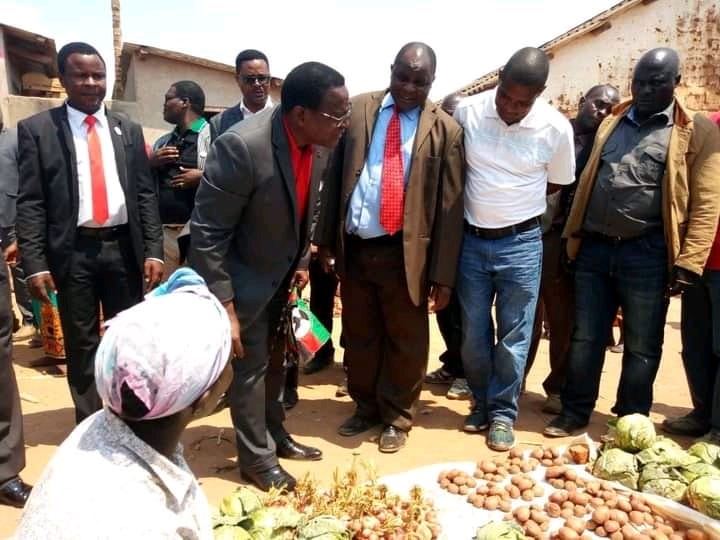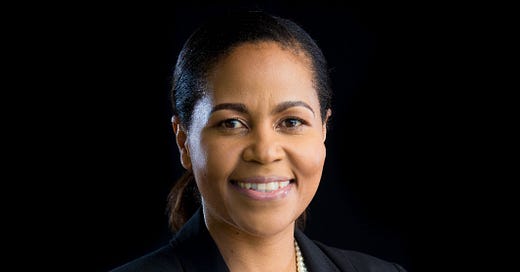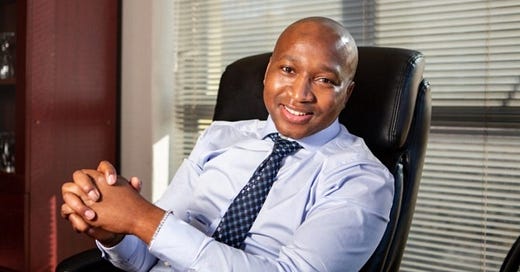
Uncle Harvest: The corruption trials of a Malawian entrepreneur
If entrepreneurship has to develop and grow in Malawi, corruption has to be dealt with decisively.
In recent times, there has been a lot of talk encouraging young people to look at entrepreneurship as an alternative avenue to formal employment.
A good number of creative, innovative, and entrepreneurial youth have taken on the challenge.
Apart from the usual and expected challenges of lack of capital, poor or no access to loans and availability of reliable markets, the greatest challenge youth entrepreneurs face is corruption.
Most of the discourse about corruption in this country has been about grand corruption in government Ministries, Departments and Agencies.
Not much has been said about the corruption that young entrepreneurs face on a daily basis.
This is affecting the youth's ability to create businesses and jobs for other youth.
They might have good and marketable ideas that are nibbed in the bud by corruption.
The trials start at business registration level. Here processes are deliberately delayed to pressure applicants to palm oil the officials that handled the application processes.
At times, the registration certificates come out with deliberately misplet business names.
If you point that out you are told, “It will take the same length of time you have waited for the certificate. But, I can help you otherwise. For me to do that I will need my boys to work extra time. Mungotigaira ka Fanta.”
And the Fanta will cost you Mk20 000.
At times you are lucky as an entrepreneur to find an opportunity to provide goods and services to an establishment.
You provide all the necessary documentation for your payment.
Every time you go to collect your check, the accountant has not yet signed it.
On your fifth visit you are told point blank," A bwana Accountant wants his cut."
This cut has to be paid before your cheque is released.
You might be a agribusiness entrepreneur, you take your groundnuts or soya beans to the market. In the first place the scales have been loosened.
Your soya is put on the scales and it weighs 35 kilogrammes and you are told you will be paid for 30 kgs.
"We don't deal with decimals."
If you insist on payment for that .5 kilogrammes or that they return it, you are told, " Tikudyelani chiyani? Ndalama ya 30 kgs ndiya bwana. We are not paid enough."
The trials of an entrepreneur.
While we are doing very well to advocate for the fight against grand corruption, we have to tackle issues of corruption that directs affects the efforts and attempts of young people to try their hands in entrepreneurship.
Those entrepreneurs that have to cross borders into neighbouring countries have to contend with both immigration and revenue authorities, and later police officials at roadblocks.
You are considered rich and therefore obliged to tip your way through. That this is your daily hassle and does not in anyway reflect that you are rich is unimagible to them.
That you are not responsible for quenching their thirst is an insult to them.
You have no way to complain since they are the first entry to the service that their institutions provide. In these public institutions access to supervisors and managers is strongly guarded, disguise in respect and security.
It is also said, for example,that one week every month at a police station is dedicated to collect money for the big traffic kahunas that stay at the office.It is the reason entrepreneurs that have to transport their goods have to face these aggressive traffic officers.
Aggressive because they have to meet the collection targets the boss has set for them.
A tricycle taxi entrepreneur in Kawale in Lilongwe, tells the story on how each morning they collect money among themselves and a friend is sent to deliver in advance to the big kahunas at the Station.
If they do that they are free to even overload the rest of the day.
Corruption kills the moral fibre of society. If entrepreneurship has to develop and grow in Malawi, corruption has to be dealt with decisively.









